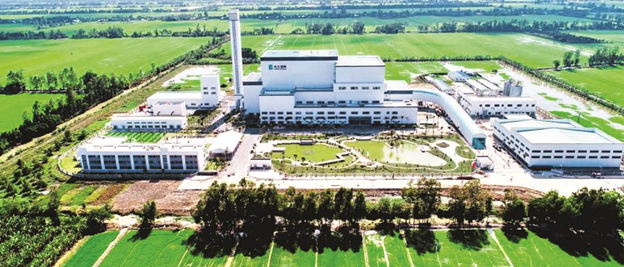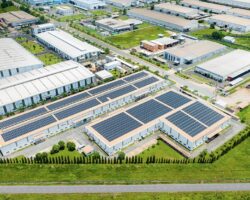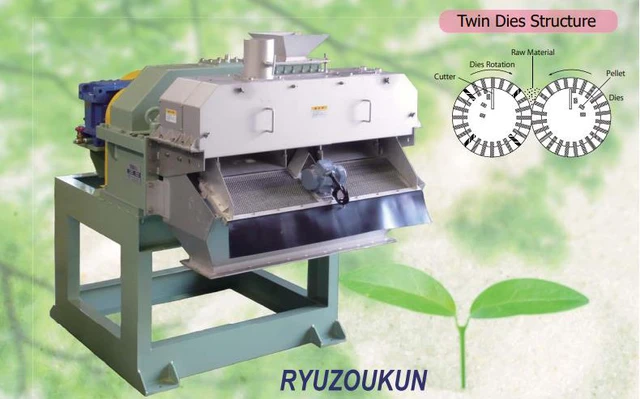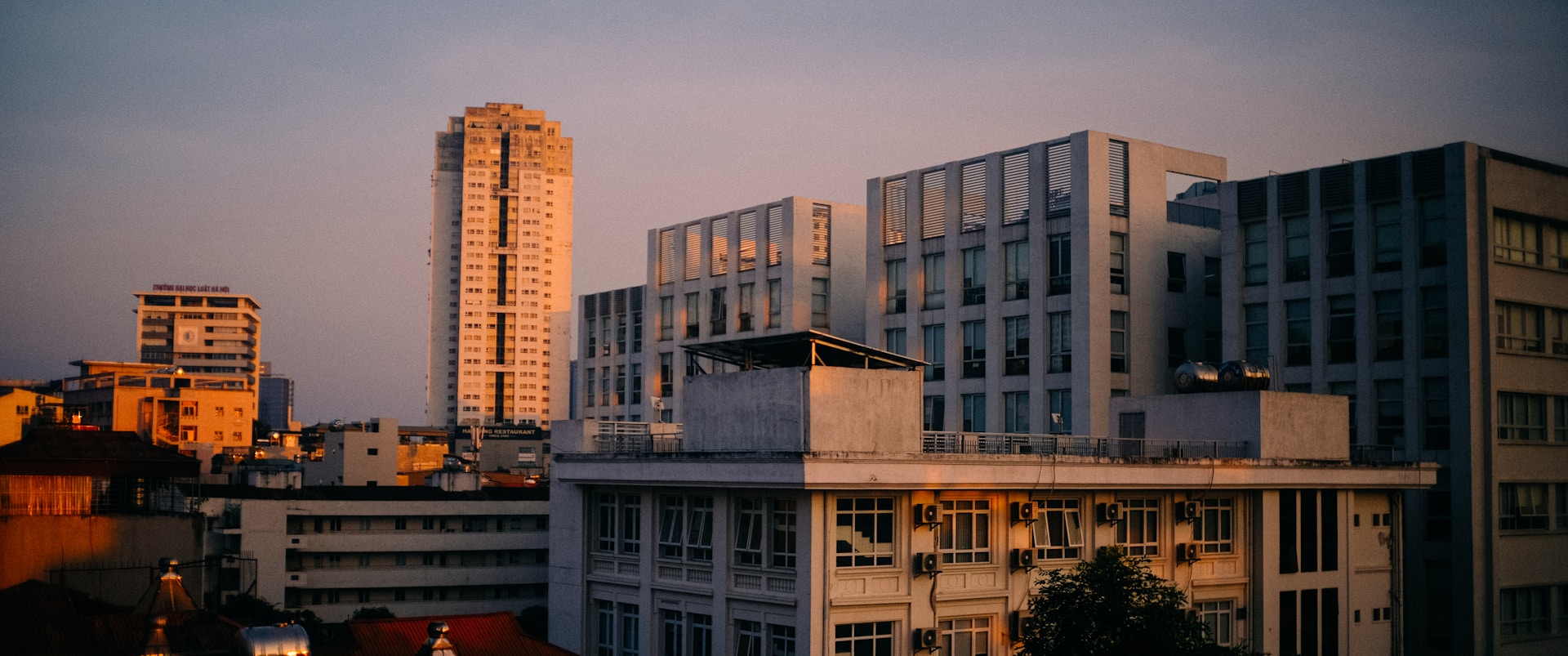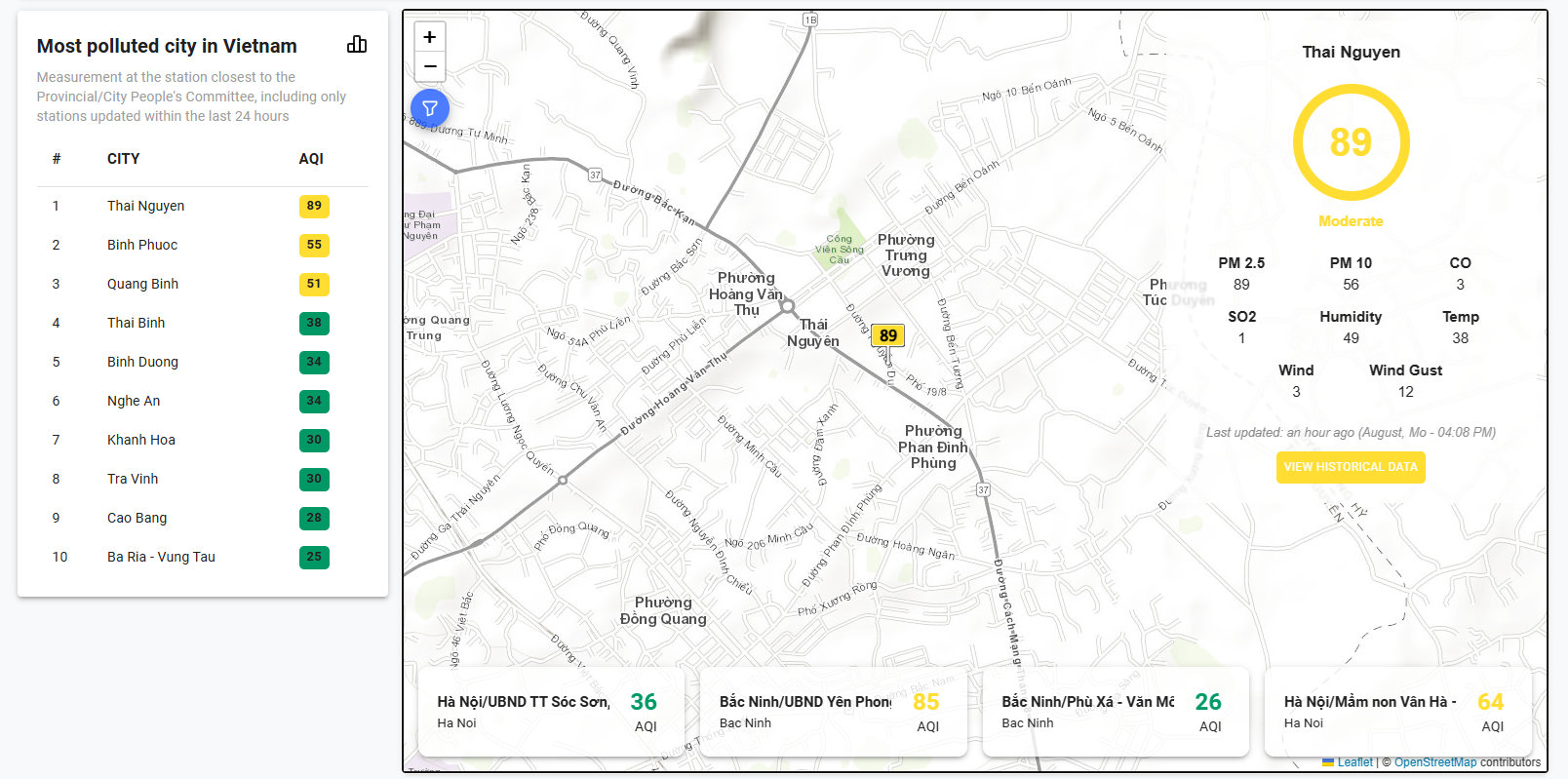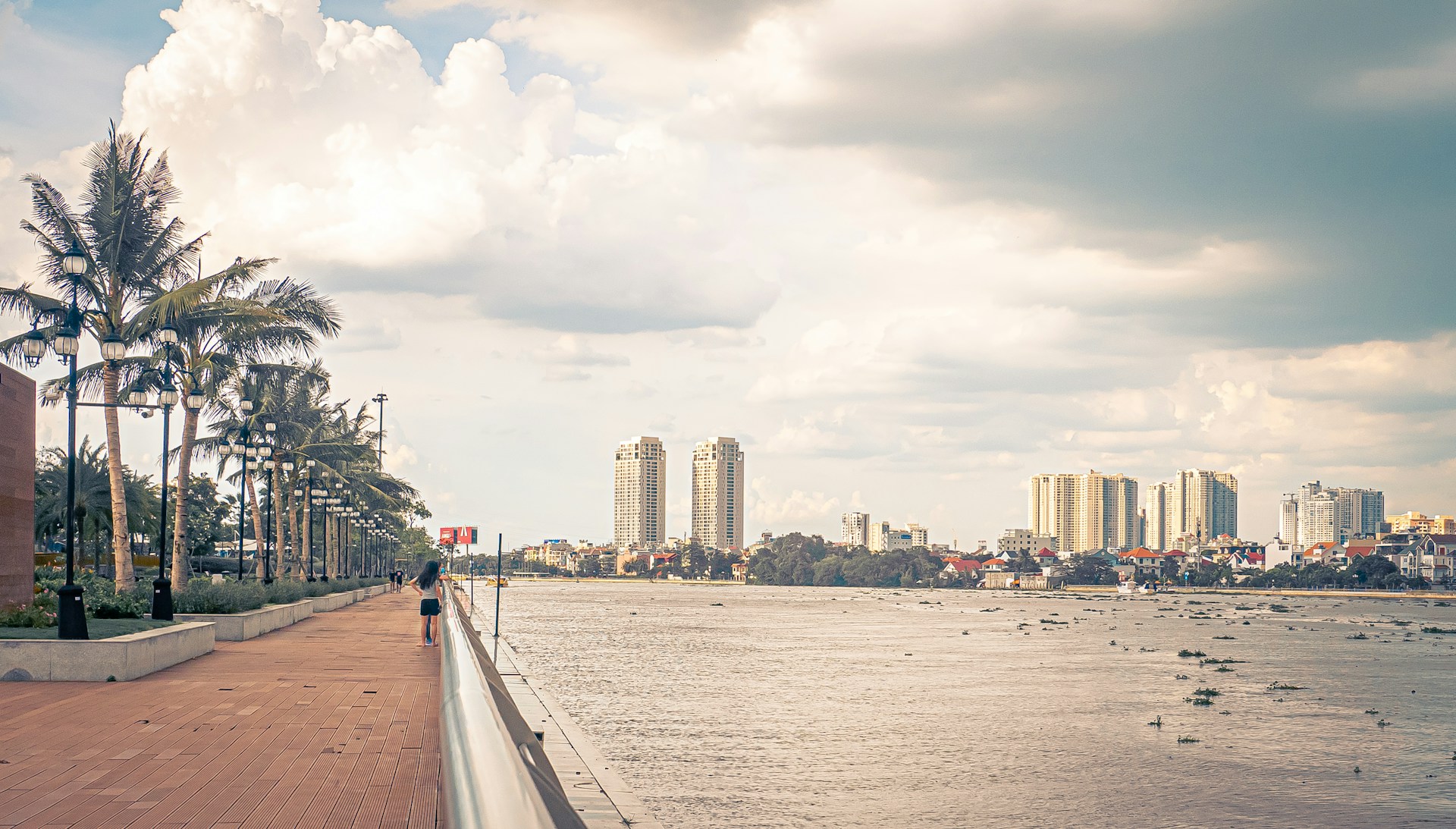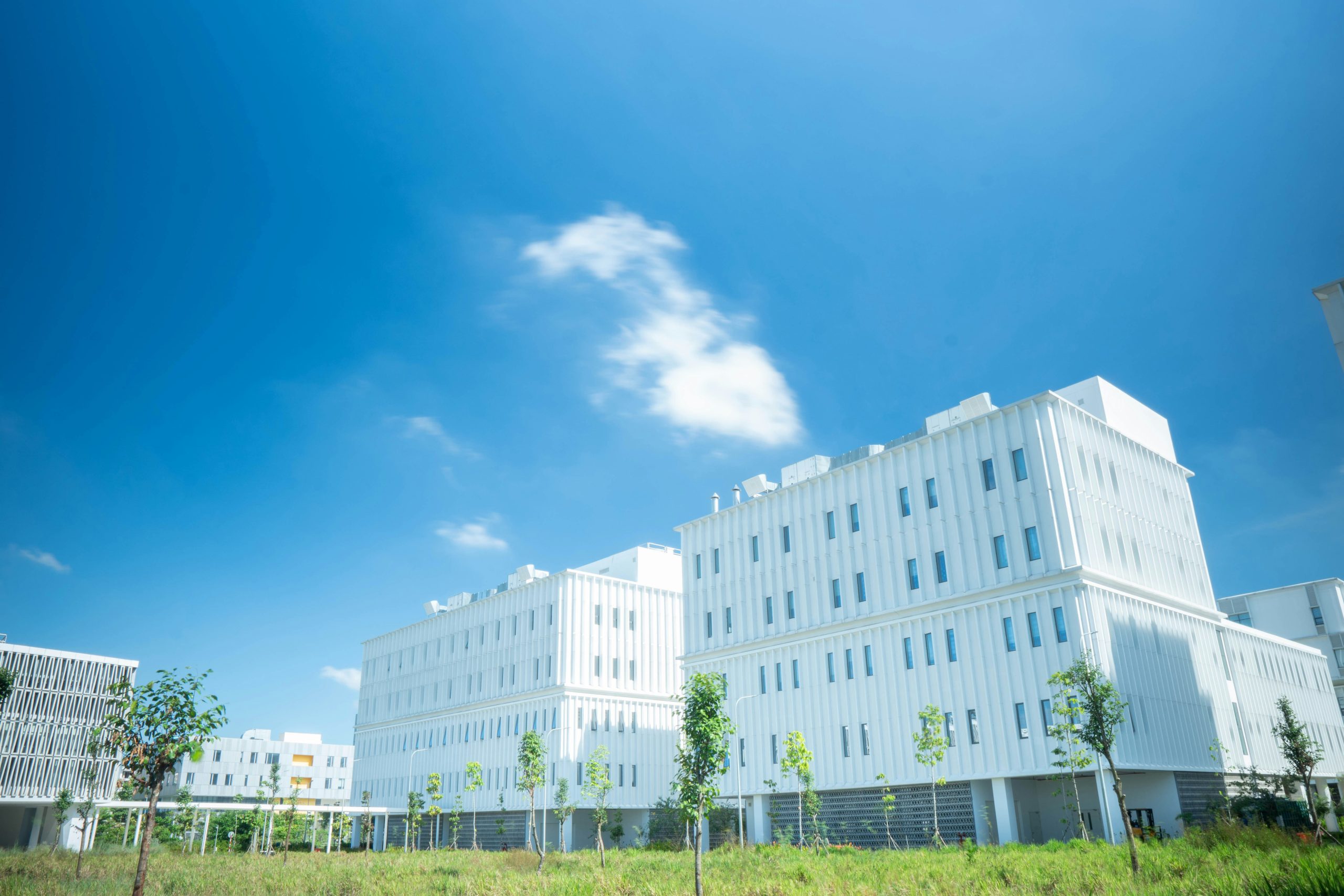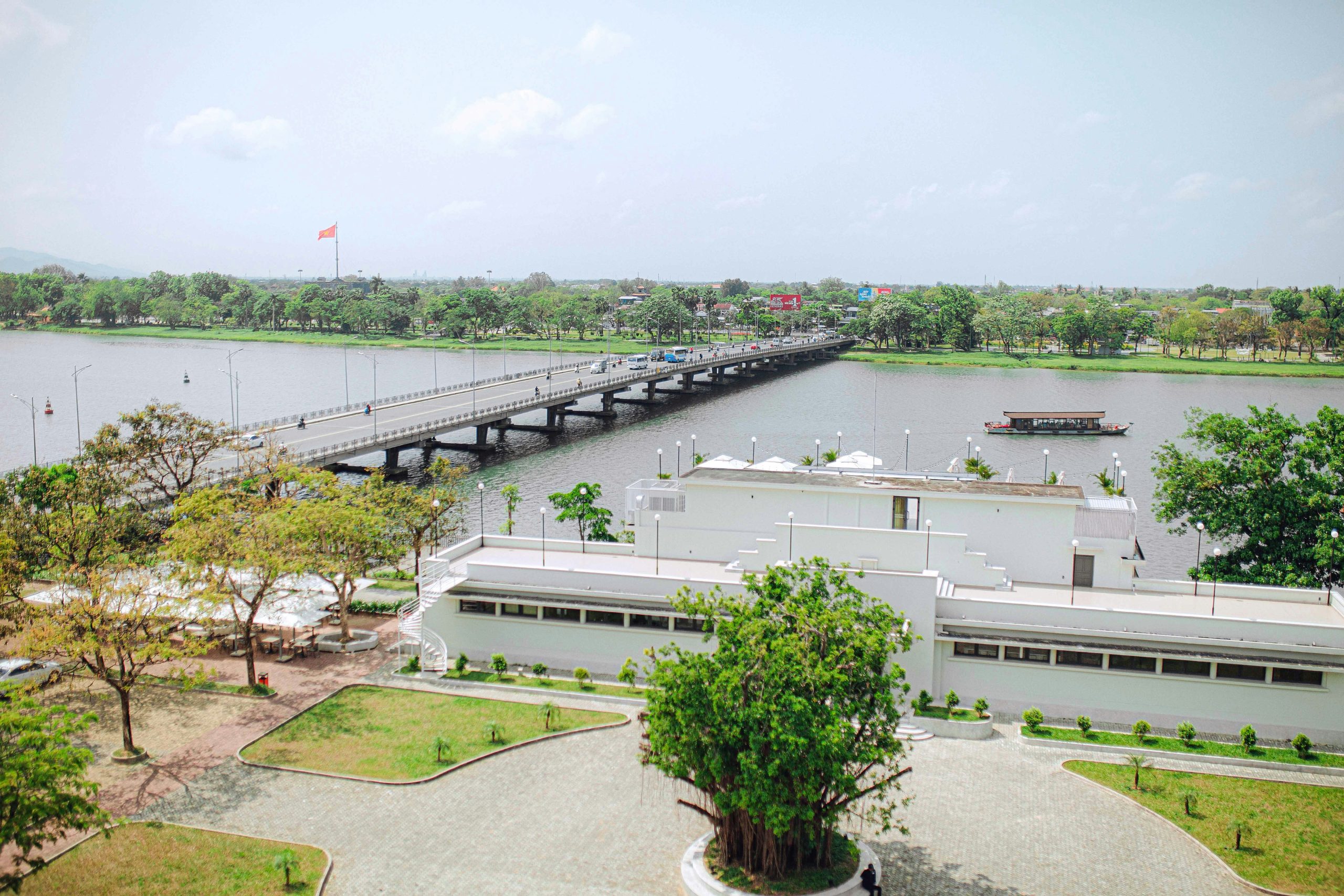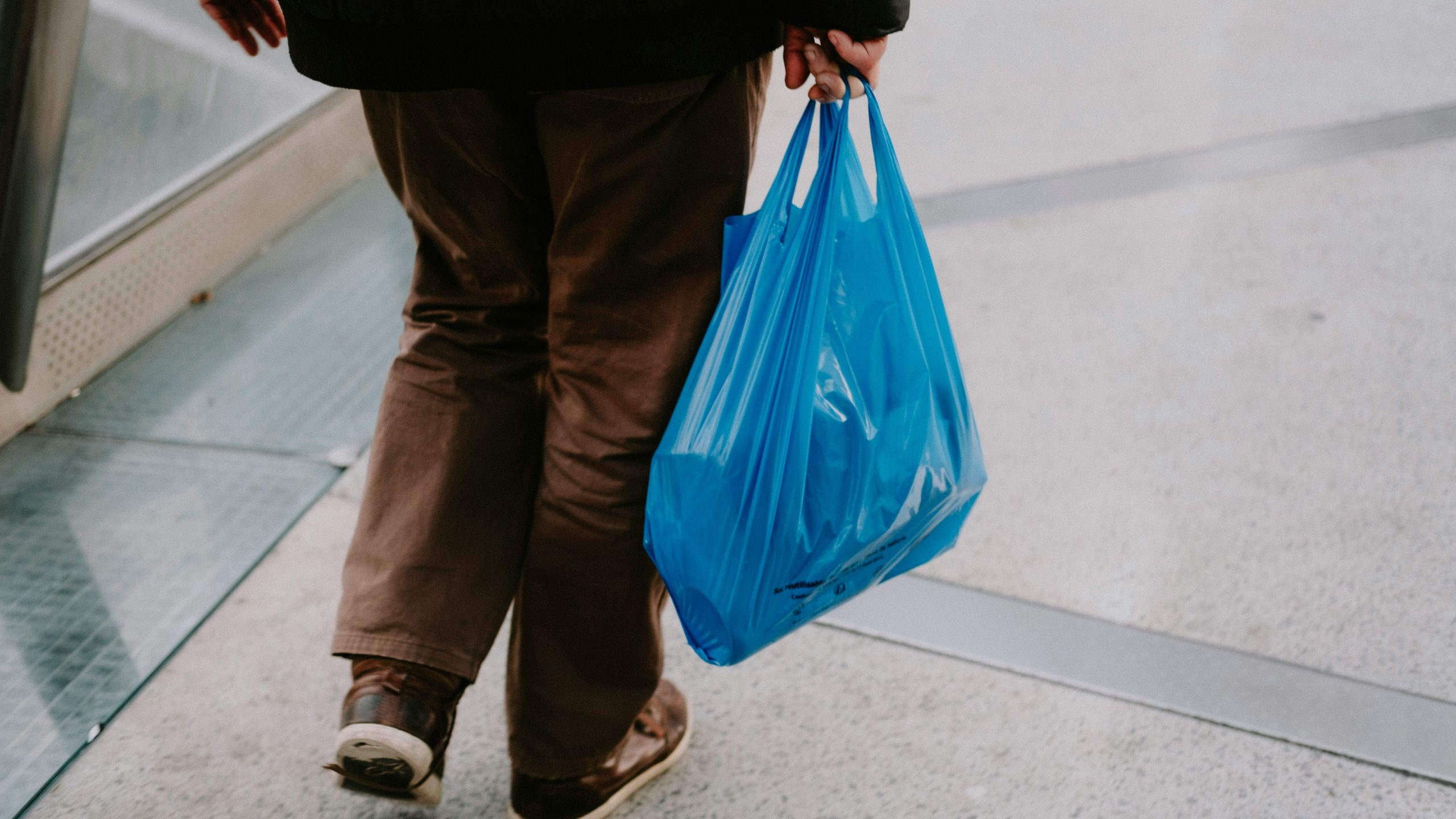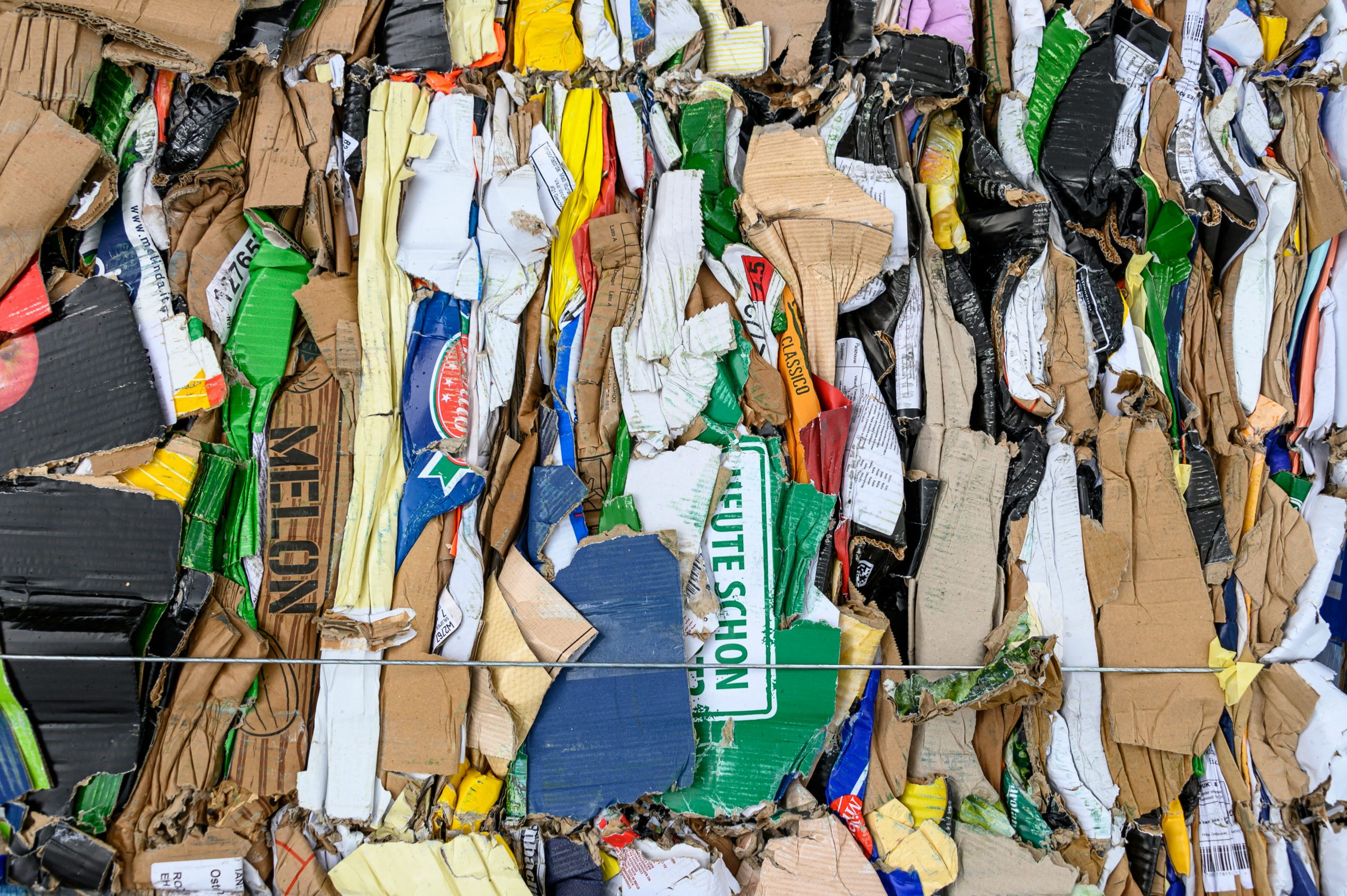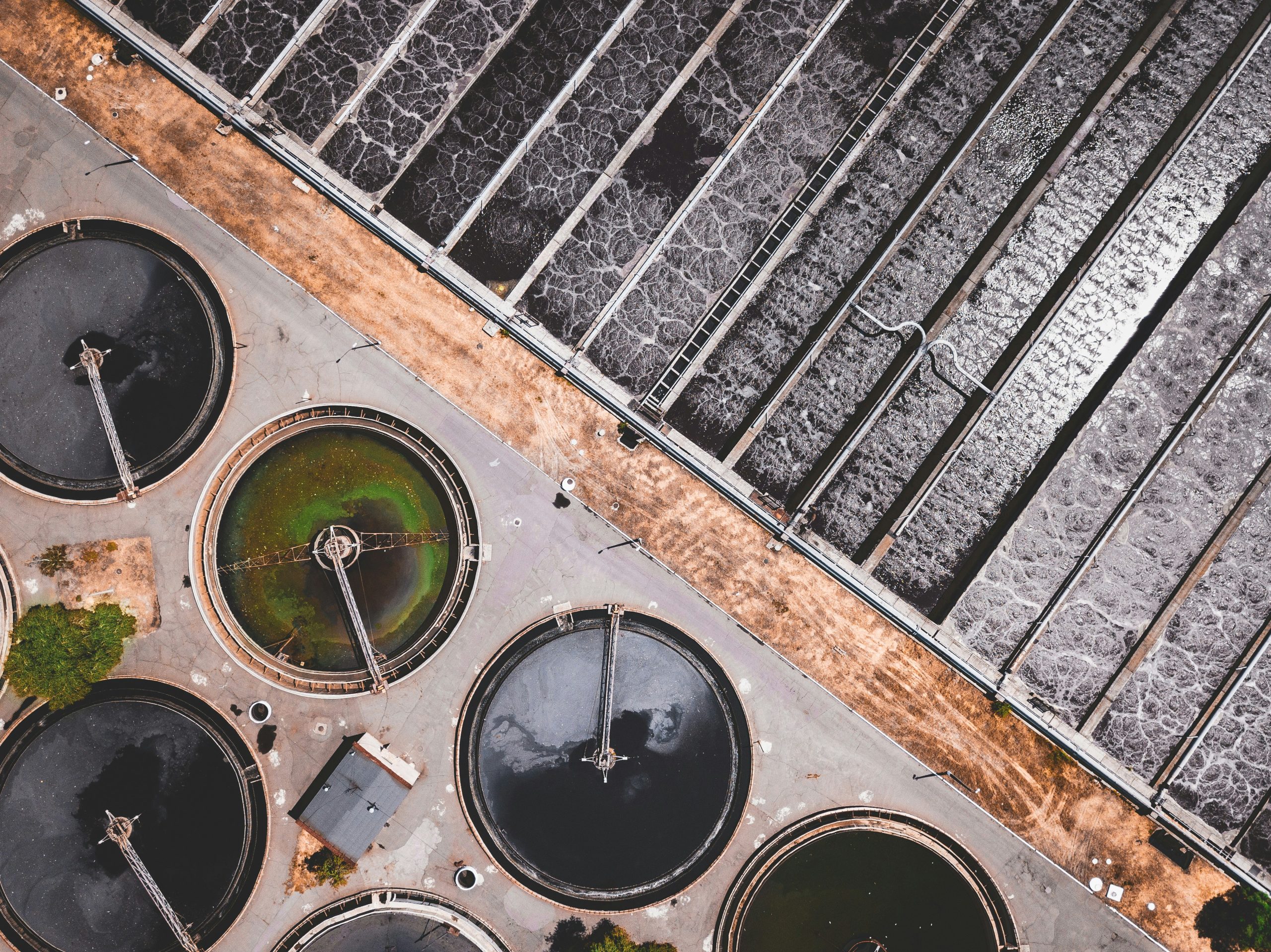Vietnam, like many rapidly developing nations, faces significant challenges in managing solid waste. With increasing urbanization, industrialization, and a rising population, solid waste generation in Vietnam has soared in recent years. The issue of solid waste is not only an environmental concern but also a public health and economic issue. This article examines the current state of solid waste management in Vietnam, the obstacles to effective waste treatment, and the potential opportunities for improvement, both technologically and economically.
Current Situation of Solid Waste in Vietnam
According to statistics from the Ministry of Natural Resources and Environment, as of 2023, the daily generation of municipal solid waste nationwide is approximately 60,000 tons. Of this amount, urban areas account for 60%; in Hanoi and Ho Chi Minh City alone, each city produces between 7,000 and 9,000 tons of municipal waste daily. Additionally, Vietnam has around 1,700 solid waste treatment facilities, including 470 incinerators and over 1,200 landfills, an increase of 120 landfills compared to 2019.
Regarding industrial waste, more than 12,200 facilities operating in industrial zones in Vietnam produce over 4.2 million tons of solid waste and 550,000 tons of hazardous waste annually [1].
In terms of waste treatment by method, approximately 71% of the total waste is handled through landfilling (excluding waste from composting facilities and ash from incinerators); around 16% of total waste is processed at organic fertilizer production plants, and about 13% is treated by incineration and other methods. Vietnam currently has 15 waste-to-energy plants under construction, with 3 already operational: the Can Tho Solid Waste Treatment Plant (capacity of 400 tons/day in Can Tho City), the Soc Son Waste-to-Energy Plant (capacity of 4,000 tons/day in Hanoi), and the High-Tech Energy Recovery Solid Waste Treatment Plant (capacity of 180 tons/day in Bac Ninh Province)[2]. In the future, the expansion of this system will help reduce landfill waste and promote the development of renewable energy sources.
Can Tho Solid Waste Treatment Plant
Source: GPS Vietnam
According to forecasts, the generation rate of municipal solid waste is expected to increase by 10-16% annually by 2025.[3].
Government support for solid waste treatment
The Vietnamese government has outlined a roadmap for solid waste management to protect the environment and promote sustainable development. Under the 2020 Environmental Protection Law, municipal solid waste must be sorted at the source by December 31, 2024, into categories such as recyclable and reusable waste, food waste, and other solid waste[4].
In the National Power Development Plan for 2021–2030 with a vision to 2050 (Power Plan VIII)[5], the government encourages the construction of waste-to-energy plants to reduce environmental pollution and utilize renewable energy sources. Specifically, by 2030, the total capacity of waste-to-energy plants is expected to reach approximately 1,500 MW.
To facilitate the development of these plants, the government has implemented preferential policies, including tax exemptions, electricity purchase support, and streamlined investment licensing processes. Additionally, the adoption of advanced technologies for solid waste treatment is promoted to enhance efficiency and minimize environmental impact.
These measures reflect Vietnam’s commitment to effective solid waste management and the development of renewable energy, contributing to the nation’s sustainable development goals.
Challenges in Solid Waste Treatment
Vietnam faces several challenges in managing solid waste effectively. Firstly, there is a lack of comprehensive waste segregation at the source, which hampers recycling efforts. Most Vietnamese households do not separate waste into recyclable and non-recyclable categories. Consequently, mixed waste ends up in landfills or incineration facilities, where valuable recyclable materials are lost, and more resources are required to manage the waste.
Secondly, the lack of proper waste collection and transportation infrastructure. In many rural and suburban areas, waste collection services are either inadequate or non-existent. In urban areas, waste collection is relatively more developed, but transportation methods are often outdated, inefficient, and unorganized, leading to frequent waste spillage and pollution.
Finally, Vietnam’s waste treatment technologies are outdated. Landfilling remains the dominant method due to its low initial cost and simplicity. However, this method is neither sustainable nor environmentally friendly, as it leads to greenhouse gas emissions, soil contamination, and health risks. Incineration is another waste treatment method used in some urban areas, rarely in rural areas due to landfilling is more common, but it has limitations due to high operational costs and the need for strict pollution controls, which many facilities lack.
Opportunities for foreign investors
Vietnam’s rapid urbanization and industrialization have significantly increased solid waste generation, presenting vast opportunities for foreign investors in waste treatment and management. The government is actively encouraging investment through tax incentives, preferential land use terms, and policies promoting green technology, as highlighted in the National Strategy on Integrated Solid Waste Management. These measures aim to attract expertise and funding from international players to address the growing waste management challenges.
The waste-to-energy sector is particularly promising. Major cities like Hanoi and Ho Chi Minh City are investing heavily in projects that convert waste into electricity. This emerging market offers lucrative opportunities for foreign investors with advanced technologies in incineration, gasification, and other energy recovery systems, aligning with Vietnam’s need for both sustainable waste management and alternative energy sources.
Vietnam is also transitioning towards a circular economy, emphasizing recycling and resource recovery. This shift opens opportunities for foreign companies specializing in advanced sorting technologies, composting, or converting waste into reusable raw materials. With the government promoting sustainable practices, investors in recycling technology stand to benefit from the rising demand.
Another key opportunity lies in industrial and hazardous waste management. Vietnam’s industrial sector produces significant amounts of waste, but the country currently lacks sufficient treatment facilities. Foreign companies with expertise in industrial waste handling and hazardous waste disposal are well-positioned to fill this gap, particularly in high-growth industrial zones.
Although urban areas dominate the waste management market, rural regions also present potential for cost-effective and decentralized solutions. These areas require simpler, affordable waste treatment technologies, creating opportunities for foreign investors to introduce innovative and scalable systems tailored to rural needs.
As Vietnam continues to urbanize and industrialize, the solid waste treatment sector is poised for significant growth. Foreign investors with advanced technologies, financial resources, and operational expertise can capitalize on this burgeoning market, contributing to Vietnam’s efforts toward sustainable development and environmental protection.
Conclusion
Vietnam faces significant challenges in managing its growing volume of solid waste, but with the right strategies and investments, there is substantial potential for improvement. Adopting modern technologies such as waste-to-energy, promoting recycling and composting, raising public awareness, and reforming policies can lead Vietnam toward a more sustainable and efficient waste management system. By investing in waste treatment infrastructure and fostering a culture of environmental responsibility, Vietnam can mitigate the environmental impact of waste, protect public health, and move closer to its sustainability goals.
[1] Tien Phong Online (2024). Industrial zones generate 550,000 tons of hazardous waste annually. <Assess>
[2] Environment Management (2024). How many waste-to-energy plants does Vietnam currently have? <Assess>
[3] Ministry of Industry and Trade (2023). Promoting the application of science and technology, turning household solid waste into resources. <Assess>
[4] National Assembly (2020). Environment Protection Law. <Assess>
[5] The Government (2023). Power Plan VIII. <Assess>
| B&Company, Inc.
The first Japanese company specializing in market research in Vietnam since 2008. We provide a wide range of services including industry reports, industry interviews, consumer surveys, business matching. Additionally, we have recently developed a database of over 900,000 companies in Vietnam, which can be used to search for partners and analyze the market. Please do not hesitate to contact us if you have any queries. info@b-company.jp + (84) 28 3910 3913 |
Read other articles

